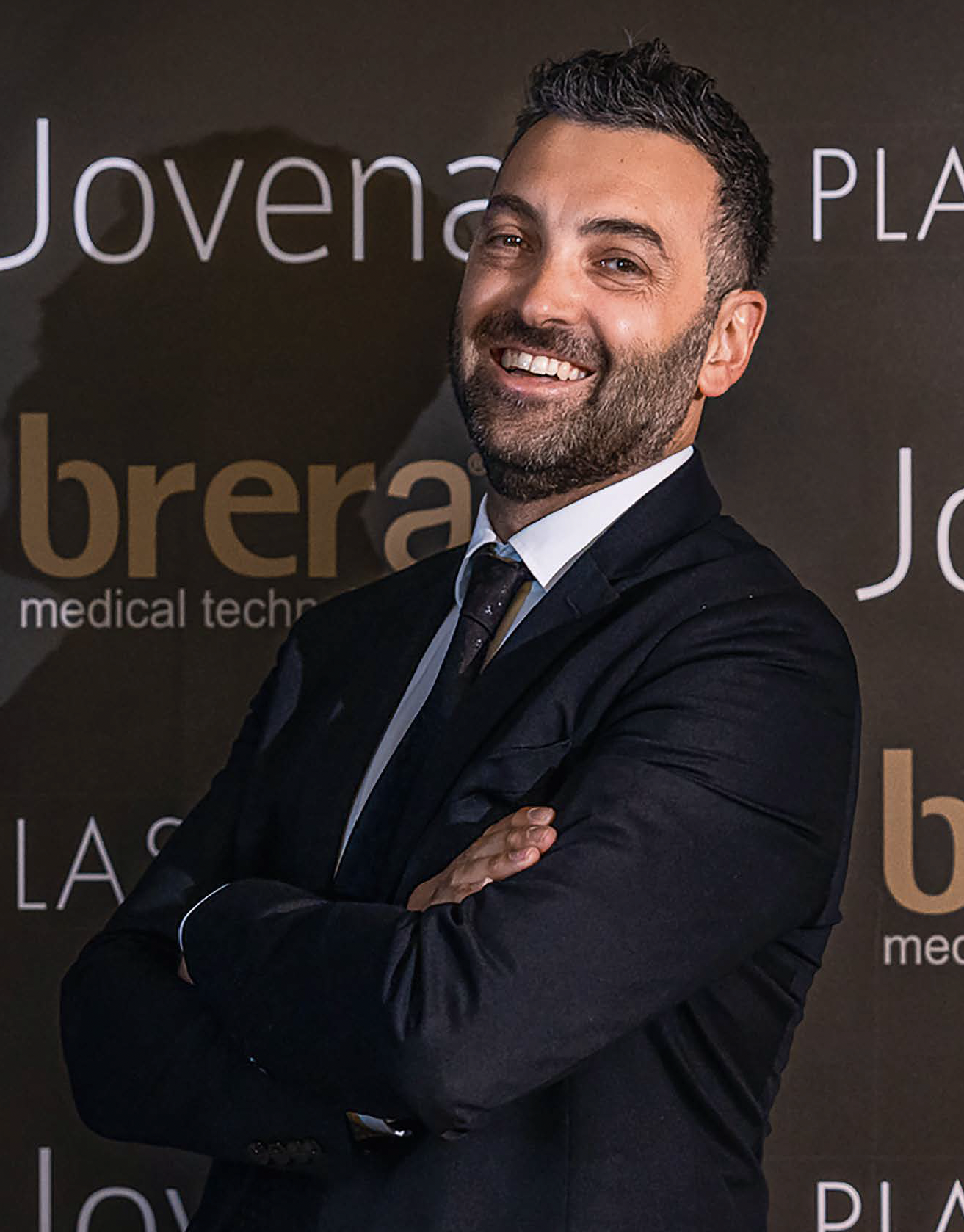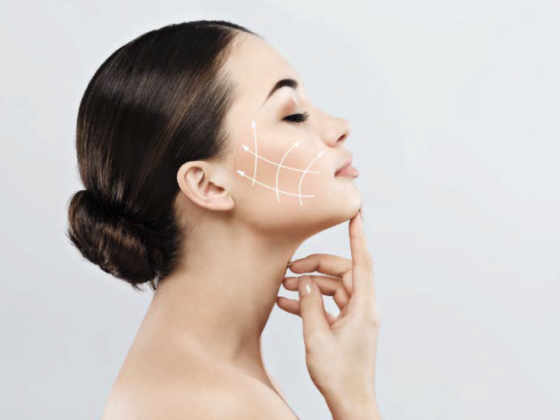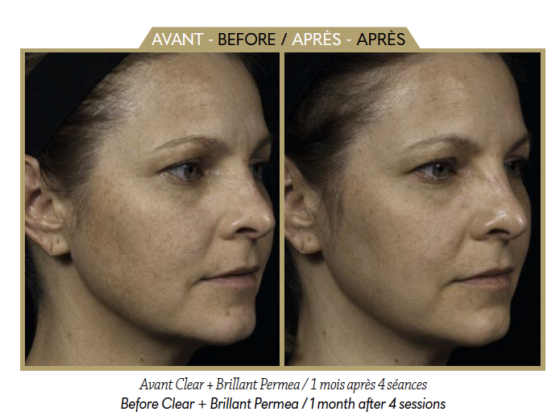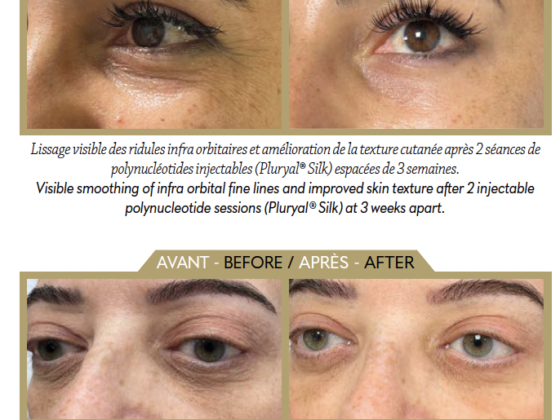We met with Dr Adrián Gaspar, a renowned gynaecologist, to find out how a woman’s quality of life can be improved thanks to mesofiller® sensitive.
mesoestetic Pharma Group, a company with vast expertise in the field of aesthetic medicine, launched two functional, regenerative and aesthetic solutions in 2022 whose aim is to improve women’s quality of life: mesofiller® sensitive and mesofiller® sensitive plus.
What are the indications for mesofiller® sensitive and mesofiller® sensitive plus?
mesofiller® sensitive and mesofiller® sensitive plus are two filler solutions containing cross-linked HA that are administered into the female intimate area to improve the patient’s wellbeing.
mesofiller® sensitive is indicated for filling and hydrating the female intimate area (vaginal entrance, introitus and walls, clitoris and G spot) to treat vulvar-vaginal atrophy, dryness, dyspareunia and sexual dysfunction, all signs and symptoms that are very common during the menopause.
mesofiller® sensitive plus is indicated to fill and hydrate the external genital area (labia majora) for treating and correcting the enlargement of the outer lips, i.e. vulvar ptosis or hypertrophy in the external genital region.
We were able to demonstrate these indications thanks to two clinical studies. On the one hand, a safety and efficacy study was carried out on 40 patients aged over 18 who were suffering from vaginal atrophy. The various functional parameters analysed showed a statistical improvement, which demonstrated the efficacy of this medical device in treating vaginal health. A biopsy also showed a correlation between the histopathological improvement and the clinical signs. On the other hand, another clinical study was carried out on 40 patients aged over 18 and suffering from vulvar ptosis. All patients showed signs of improvement thanks to the photographic data and the GAIS.
How does it work and how can hyaluronic acid help to regenerate the female intimate tissues?
HA is a molecule with a high hygroscopic ability, meaning that its administration stimulates water retention by the mucous membrane, improving the transport and trophic function of the cells, the development of new blood vessels and the activation of collagen and elastin synthesis.
mesofiller® sensitive plus is administered into the labia majora, as HA gives volume to deflated tissues, which provides not only an aesthetic improvement but also a functional one, because it protects the lips from rubbing and potential discomfort.
mesofiller® sensitive is a regenerative treatment because it helps restore the vaginal mucous membrane, which increases the permeability of the ECM (extra cellular matrix) and, as a consequence, the cells’ performance. We were able to verify this thanks to biopsies of the vaginal mucous membrane before and after the treatment and we observed an improvement in the various functional parameters and tissue markers. When it is administered into the clitoris and G spot, it helps to improve the response to nerve stimulation and, as a consequence, enhances pleasure during sex.
When can the patient expect to feel results?
The patient can expect to feel a difference the day after treatment. The procedure is non-invasive, is carried out in a single session and offers a statistically significant improvement to a woman’s physiology.
How to manage any potential pain during the treatment
The pain threshold depends on the patient. If necessary, you can apply a topical or injectable anaesthetic before the treatment, both into the vulvar area and the vaginal area. The patient can get back to their daily activities, while following the recommended post-therapeutic care guidelines. They should avoid any high-impact sports and sexual relations for 72 hours following treatment. What is more, any other medical or aesthetic vulvar-vaginal treatments (waxing or laser hair removal, transvaginal ultrasound scans, Pap smear, etc.) should be avoided for 7 days.
From what age can you have the treatment?
There is no minimum age for these treatments, though the problems are more common when the oestrogen levels drop and, as a consequence, the treatments are more often performed in women around the age of the menopause or who have gone through pregnancy.
However, we can also use these treatments on younger women. For example, during a labiaplasty – the most commonly-requested treatment in young women – we strongly recommend rounding off the operation by augmenting the outer lips with cross-linked HA in order to offer more protection to the inner lips.
Are there any counterindications?
The main counterindication for mesofiller® sensitive is undiagnosed genital bleeding or a gynaecological issue that is currently being treated. The other counterindications are pregnancy and if the patient is allergic to any of the product’s components.
With regard to mesofiller® sensitive plus, the counterindications are an infection in the treatment zone and if the patient is allergic to any of the product’s components.
After childbirth, how long should a woman wait to undergo this treatment?
The treatment can be performed around 35 to 40 days after childbirth, providing there were no complications.
Can it be combined with other treatments?
Yes, we recommend injecting HA prior to laser treatments, one of the most commonly-performed techniques in aesthetic gynaecology, as the tissues react better to laser treatments if they are properly hydrated. HA can also be combined with other general aesthetic techniques, such as PRP.
mesofiller® sensitive and mesofiller® sensitive plus are products that contain cross-linked HA and are designed to improve a woman’s quality of life. Both were developed by an expert gynaecologist, and the safety and efficacy studies carried out have shown a statistically significant improvement after treatment.
- Cell population
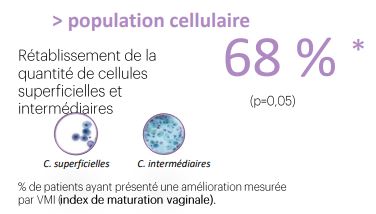
The quantity of superficial and intermediary cells is restored. % of patients who presented a measured improvement by VMI (vaginal maturation index)
- Biopsy showing histopathological healing: before/after
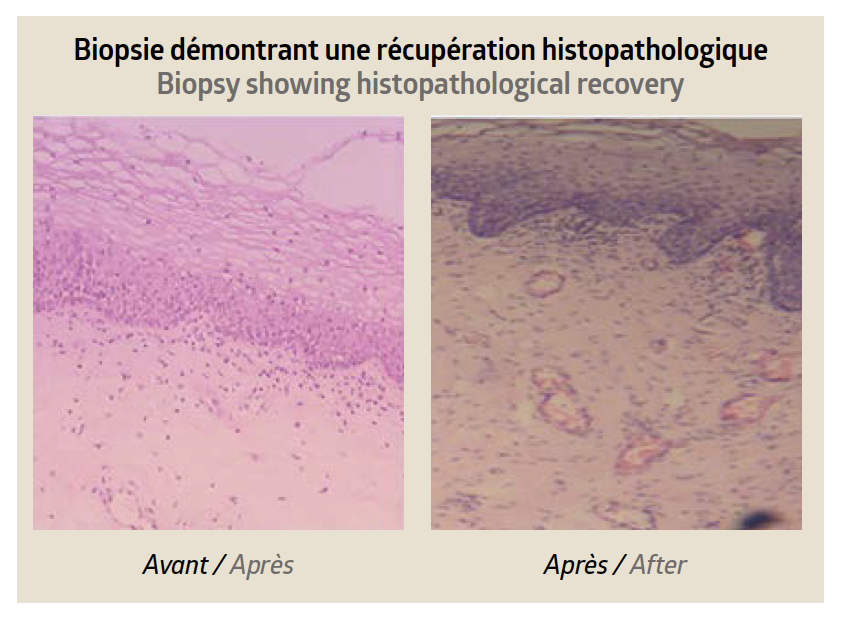

Dr Gaspar is a specialist in gynaecology-obstetrics and cosmetic gynaecology, a professor at the faculty of medicine at Mendoza university (Argentina) and president of the laser department at the Uroclinica de Mendoza (Argentina).
He has received several prizes across the globe for his pioneering research into the use of lasers for vaginal and urethral treatments, and for having pioneered the use of carboxytherapy and prolotherapy in gynaecology.



